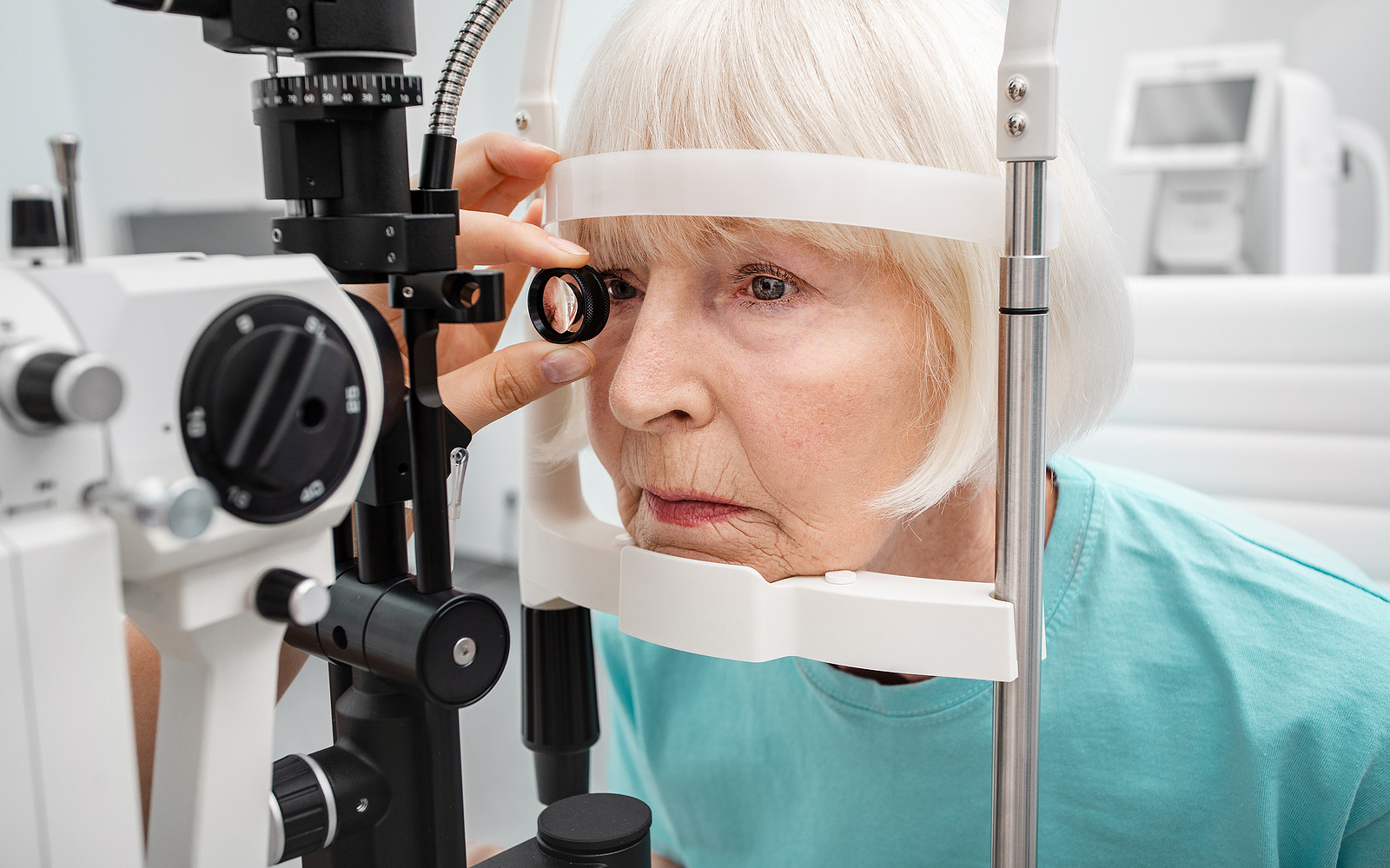Does Everyone Get Cataracts as They Age?

Our vision naturally changes as we age, and cataracts are a common culprit. But do cataracts affect everyone? Even those with good eye health?
What Is a Cataract?
Each eye has a natural, flexible lens that refracts light rays entering the eye, which focuses the light and creates a clear, crisp image. The lens is composed of water and proteins called crystallins. The proteins break down with age and clump together, forming a cataract that clouds the lens and leads to blurry or double vision.
Cataracts will lead to vision loss and eventually blindness if not treated. Cataract surgery is a quick outpatient procedure that restores your vision. An eye surgeon removes the clouded lens and replaces it with a clear, artificial lens in minutes.
Causes of Cataracts
As individuals age, the proteins in their lens tend to break down. This raises the question: Is cataract development inevitable for everyone due to aging?
The answer is: eventually, yes, if you live long enough. Approximately half of all Americans have cataracts by age 75. Cataracts cannot be prevented and typically develop slowly over the years, although some types may progress more quickly than others. You may not even notice cataracts developing until decades later and you begin to experience blurry or cloudy vision, dulling of colors, poor night vision, or other early symptoms.
In addition to age, cataract formation can be caused or influenced by:
- Certain medical conditions, such as diabetes or high blood pressure
- The use of some medications, including those for glaucoma
- A family history of cataracts
- Eye trauma from an injury or previous eye surgery
- Excessive exposure to sunlight without proper UV protection
- Smoking and alcohol use
See the Cataract Specialists at Swagel Wootton Eye Institute
Schedule an appointment with your optometrist or ophthalmologist as soon as you notice any changes to your vision. Cataracts can be diagnosed only with specific tests during a comprehensive eye exam that your provider can perform. Request your appointment for a consultation with the cataract specialists at Swagel Wootton Eye Institute. We’re trained to use the most advanced technology and offer the latest lens options for your safety, comfort, and best outcomes — and we’re here to serve you.
[DISPLAY_ULTIMATE_SOCIAL_ICONS]








